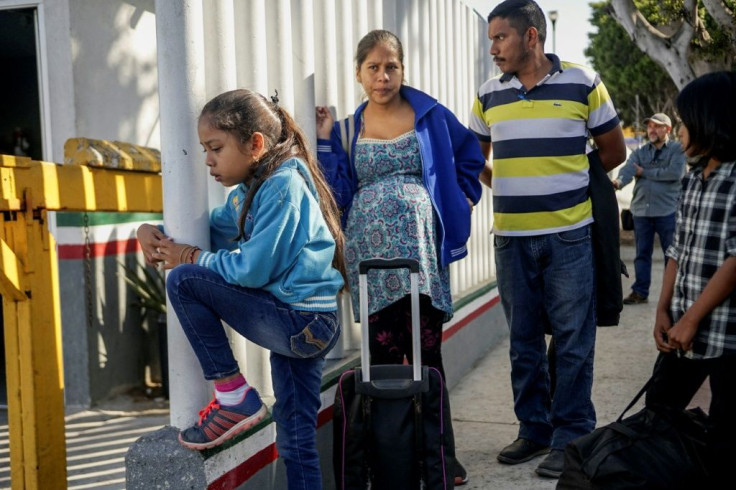Honduras Signs Migrant Deal With US

Honduras has signed a deal with Washington to accept migrants applying for asylum in the United States, becoming the third Central American country to do so after El Salvador and Guatemala.
The deal signed Wednesday on the sidelines of the UN General Assembly allows the US to deport to Honduras migrants who had passed through the country on their way to the US border.
The pact, signed during the UN General Assembly in New York, is similar to agreements signed by the US with Guatemala and El Salvador.
"Once the agreement enters into force, it will further enhance asylum and protection capacity in Honduras," according to a joint statement issued after the signing ceremony.
The statement released by the US embassy in Tegucigalpa said the agreement was part of the "Trump Administration’s strategy to disrupt smuggling operations and address the crisis at the Southwest border."
In July, Guatemala signed a pact in Washington that, according to the White House, makes it a "safe third country."
Under it, migrants who want to seek asylum in the United States but travel through Guatemala must request asylum in the Central American country.
Honduras Foreign Minister Lisandro Rosales rejected press reports that the agreement would make Honduras a "safe third country" like Guatemala, which implied it would have to host migrants from Cuba, Nicaragua and Africann countries seeking asylum in the United States.
President Juan Orlando Hernandez has previously warned that a safe third country agreement would be a "difficult" burden for his country, which he said did not have the conditions to shelter thousands of foreign migrants.
In Guatemala's case, many international observers have said the country -- with 60 percent poverty -- is in no shape to welcome refugees but simply signed the deal under intense US pressure.
© Copyright AFP {{Year}}. All rights reserved.





















